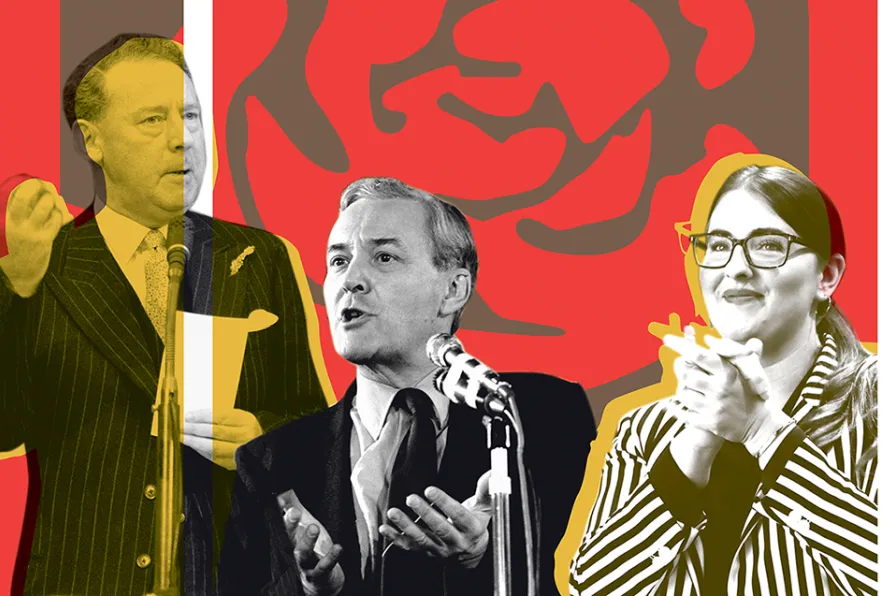Labour prospects in May elections may be irrevocably damaged by Birmingham Council’s costly refusal to settle the year-long dispute, warns STEVE WRIGHT

 Right-wing Labour leader Hugh Gaitskell, and leftwingers Tony Benn and Laura Pidcock
Right-wing Labour leader Hugh Gaitskell, and leftwingers Tony Benn and Laura Pidcock
THE late Ralph Miliband wrote one of the best books about the history of the Labour Party, Parliamentary Socialism: A Study in the Politics of Labour (Allen & Unwin, 1961). Albeit of course it doesn’t cover the last 60 years.
Miliband, the father of David and Ed, opens the book by making the statement that, as a democratic socialist party, Labour had always been among the most dogmatic — not about socialism but about the use of parliamentary as opposed to extra-parliamentary forms of struggle.
His view at that time was that Labour under Hugh Gaitskell was not a vehicle for socialist advance and the leadership of the rather more “left-wing” Harold Wilson did nothing to change his mind.

While Hardie, MacDonald and Wilson faced down war pressure from their own Establishment, today’s leadership appears to have forgotten that opposing imperial adventures has historically defined Labour’s moral authority, writes KEITH FLETT

Research shows Farage mainly gets rebel voters from the Tory base and Labour loses voters to the Greens and Lib Dems — but this doesn’t mean the danger from the right isn’t real, explains historian KEITH FLETT












